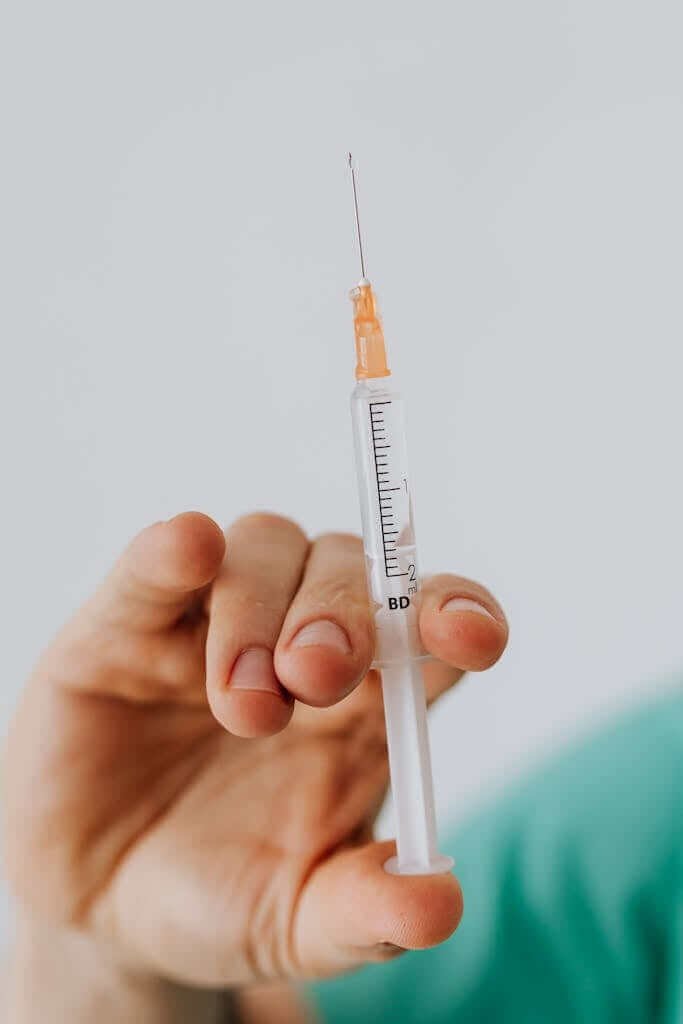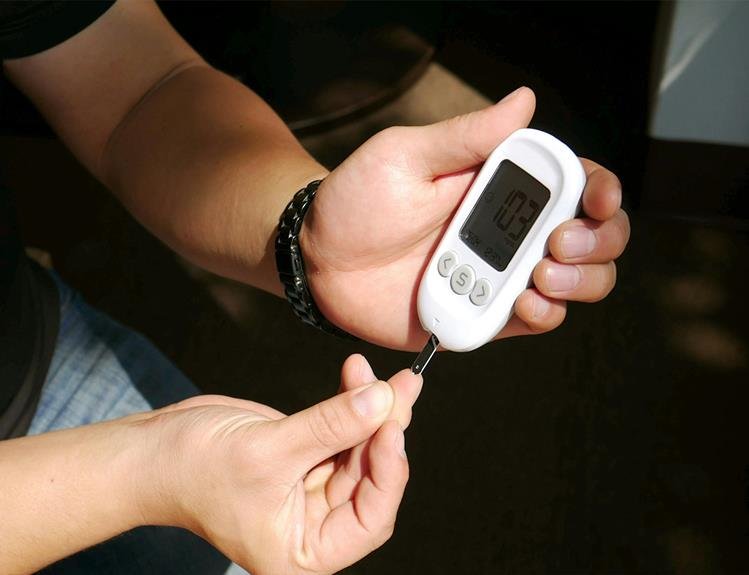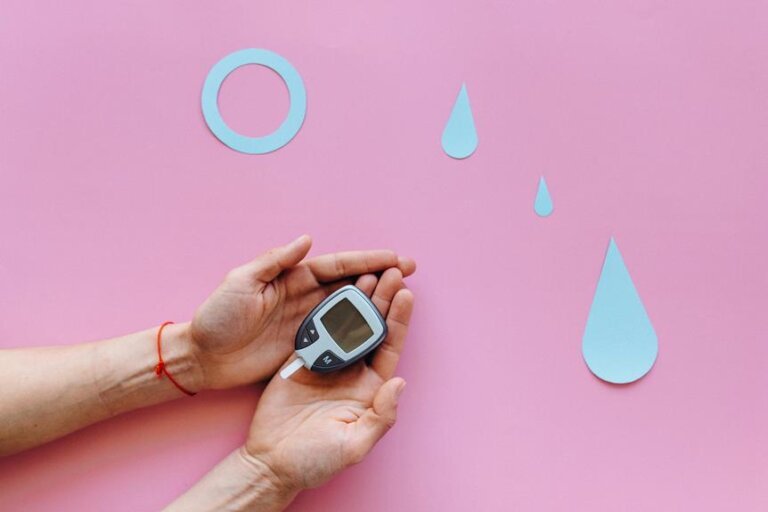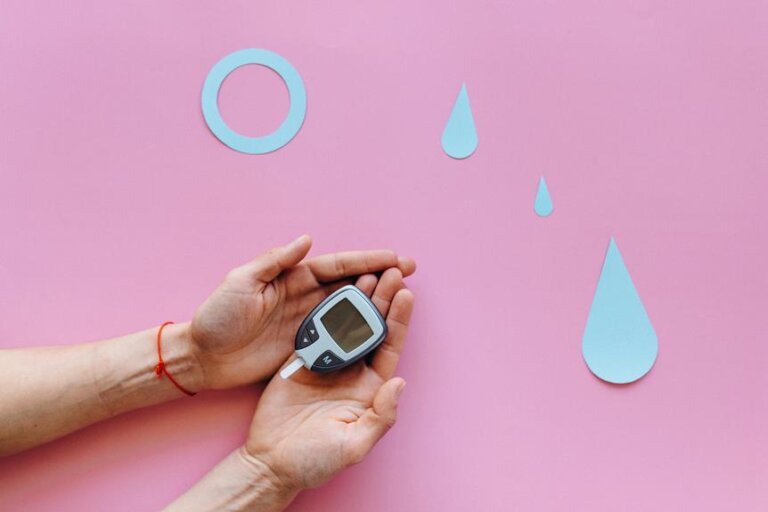Ways to Lower Your Risk of Diabetes-Related Cancer
So, you've always dreamed of starring in a real-life science fiction movie, battling aliens and conquering new worlds. But have you considered the potential risks right here on Earth?
When it comes to lowering your risk of diabetes-related cancer, there are practical steps you can take to safeguard your health. From simple lifestyle changes to regular check-ups, these strategies might just surprise you.
Maintain a Healthy Weight
To reduce your risk of diabetes-related cancer, maintaining a healthy weight is crucial. Excess body weight, especially around the waist, can increase inflammation and insulin resistance, both of which are linked to a higher risk of developing cancer in individuals with diabetes. By focusing on a balanced diet rich in fruits, vegetables, lean proteins, and whole grains while keeping portion sizes in check, you can manage your weight effectively.
Regularly monitoring your weight and making adjustments to your eating habits and physical activity levels can help you maintain a healthy weight. Be mindful of high-calorie, low-nutrient foods that can contribute to weight gain and prioritize foods that nourish your body. It's important to consult with a healthcare professional or a registered dietitian to develop a personalized plan that suits your needs and lifestyle.
Stay Physically Active
Staying physically active plays a key role in reducing your risk of diabetes-related cancer. Engaging in regular physical activity not only helps you maintain a healthy weight but also decreases insulin resistance and inflammation, which are key factors in the development of diabetes-related cancers.
Aim for at least 150 minutes of moderate-intensity exercise per week, such as brisk walking, cycling, or swimming. Additionally, incorporating strength training exercises two days a week can further enhance your overall health and reduce cancer risk.
Physical activity helps regulate blood sugar levels and improves insulin sensitivity, lowering the chances of developing type 2 diabetes, a significant risk factor for various cancers. Moreover, staying active can boost your immune system, making it more effective in identifying and destroying cancerous cells.
Eat a Balanced Diet
Prioritize maintaining a balanced diet to further reduce your risk of diabetes-related cancer. Consuming a variety of nutritious foods can play a crucial role in managing your overall health and lowering the chances of developing cancer associated with diabetes. Include plenty of fruits, vegetables, whole grains, lean proteins, and healthy fats in your meals. These foods offer essential vitamins, minerals, and antioxidants that support your immune system and help combat inflammation, a common factor in cancer development.
Limit your intake of processed foods, sugary drinks, and high-fat snacks, as they can contribute to weight gain and increase the risk of cancer. Opt for homemade meals using fresh ingredients and try to minimize added sugars and unhealthy fats. Maintaining a healthy weight through a balanced diet can also positively impact your insulin levels, reducing the strain on your body and potentially lowering the risk of diabetes-related cancer. Remember, small changes in your eating habits can lead to significant benefits for your overall health and well-being.
Monitor Blood Sugar Levels
Monitoring your blood sugar levels regularly is essential in managing your diabetes and reducing the risk of diabetes-related cancer. By keeping a close eye on your blood sugar levels, you can make informed decisions about your diet, medication, and lifestyle choices. Consistently high blood sugar levels can contribute to inflammation and insulin resistance, both of which are linked to an increased risk of cancer. On the other hand, maintaining stable blood sugar levels can help lower your risk.
Regular monitoring allows you to track how your body responds to different foods, activities, and medications. It empowers you to make adjustments to your diabetes management plan in real-time, ensuring that your blood sugar levels stay within a healthy range. Additionally, monitoring can alert you to potential issues early on, allowing for prompt intervention and prevention of complications.
Quit Smoking
To reduce your risk of diabetes-related cancer, consider quitting smoking. Smoking not only increases the likelihood of developing various types of cancer but also exacerbates the negative health effects of diabetes. When you have diabetes, the combination of elevated blood sugar levels and smoking can significantly raise your chances of developing cancer. By quitting smoking, you can immediately start reducing this heightened risk.
Smoking is known to damage your cells and weaken your immune system, making it harder for your body to fight off cancerous cells that may develop. Moreover, smoking can worsen diabetes complications such as heart disease, kidney damage, and poor blood circulation, all of which can increase the risk of cancer in individuals with diabetes.
Conclusion
Overall, taking steps to lower your risk of diabetes-related cancer is crucial for your health and well-being.
By maintaining a healthy weight, staying active, eating a balanced diet, monitoring blood sugar levels, and quitting smoking, you can significantly reduce your chances of developing cancer.
Remember, small lifestyle changes can make a big impact on your overall health, so prioritize your health and take proactive steps to lower your risk.





